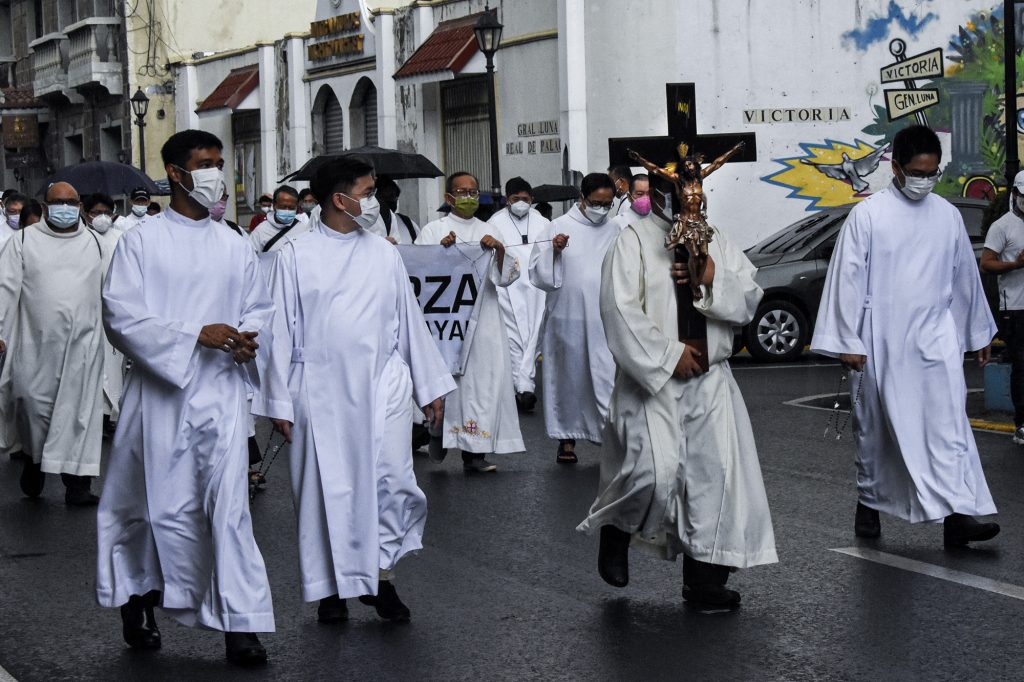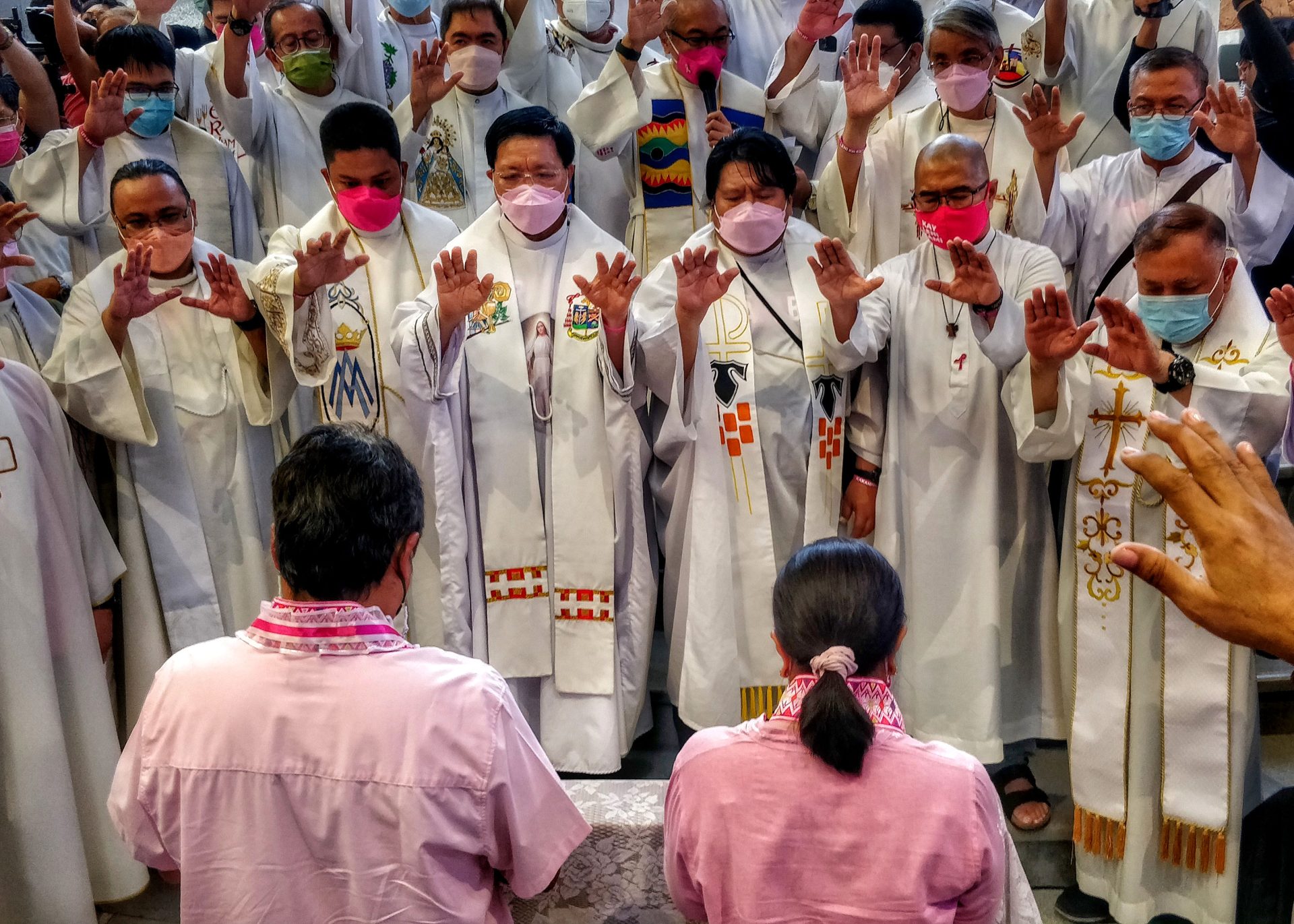The victory of Ferdinand Marcos Jr. in this year’s presidential race seems to show that Filipino Catholics are not anymore keen on listening to their bishops and priests who talk about the morality of politics.
Dr. Jayeel Cornelio, a sociologist of religion at the Ateneo de Manila University, said Church leaders “might wish to abandon” the assumption that morality is reflected on political choices.
He said people’s preference for Marcos “does not have anything to do with the Ten Commandments for the simple reason that they see the man as someone who will bring the country back to its glorious days.”
“Authoritarian nostalgia, in other words, is real,” said Cornelio, adding that Marcos’ victory “only goes to show how religious endorsements do not always work.”
He said that unlike other religious groups that are used to the so-called bloc voting, Catholics “are not accustomed to voting as a bloc.”
“In fact, Filipino Catholics, in my own research, tend to be turned off whenever their priests venture into politics,” said Cornelio.
He said the political atmosphere has “dramatically changed” since the 1986 People Power uprising where Catholic Church leaders played a crucial role in rallying the people.
“Filipino Catholics are no longer looking to Church leaders for political guidance,” said Cornelio.
“Filipinos in general too are far more open to strongman leadership, and making endorsements in favor of one candidate over another will not make the cut this time around,” he said.

Ronald Holmes, a political scientist and president of pollster Pulse Asia, said “Marcos’ appeal cuts across religious affiliations” even as several religious leaders supported his rival.
He said the institutional Church seemed to have depoliticized itself. “It has stopped its formation strategies and neglected socio-political formation,” said Holmes.
“The efforts to form the people should be consistent throughout and not only when it’s close to elections,” he added.
Holmes said that if the Church wanted its followers to “judge morally,” there should be a continuous civic campaign “to imprint it in the minds of the people.”
The group Clergy for the Moral Choice, which consists of about 1,400 members, only made a formal endorsement of the candidacy of Marcos’ rival, Vice President Leni Robredo, a few days before the polls.
Lawyer Antonio La Viña, former dean at the School of Government of the Jesuit-run Ateneo de Manila University, said “propaganda and fake news” contributed to the success of Marcos’ campaign.
He said the “Church has failed to keep the morality of the people aligned in the height of disinformation.”
“The disconnect here is they see the moral values in Marcos … because of the disinformation that has been built up for years,” he said.
Although the Catholic Bishops’ Conference of the Philippines issued pastoral letters on the election, La Viña said “letters and homilies, no matter how strong the messaging is, are not enough.”
“What’s missing here is the endorsement of the Church as an institution and their efforts to evangelize people and teach them the application of this morality,” he said.
Unlike the Iglesia ni Cristo, Catholic Church leaders should have gone out to keep the people’s political discipline in check, said La Viña.
“They should have made sure that the people understand what they’re doing, their moralities, and this way, they could’ve countered the fake news,” he said.







